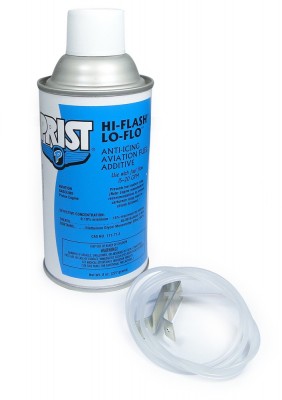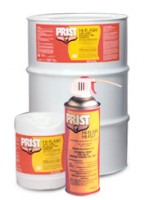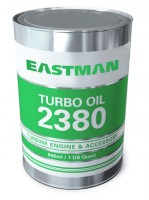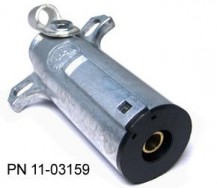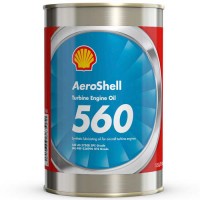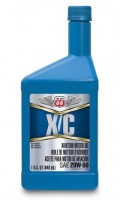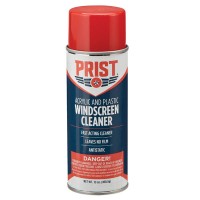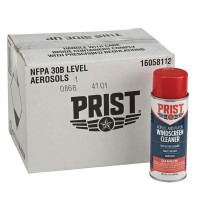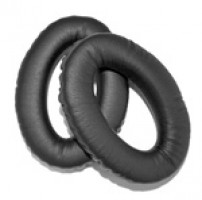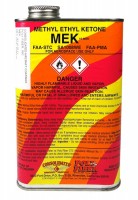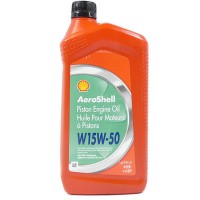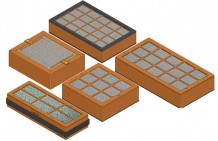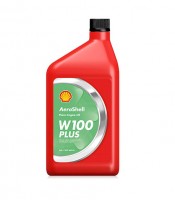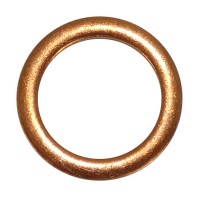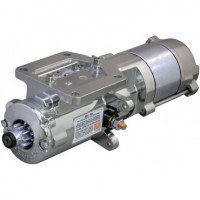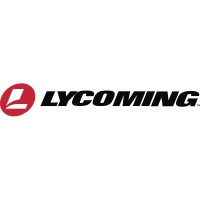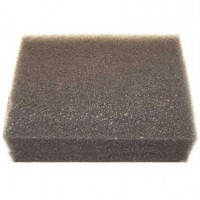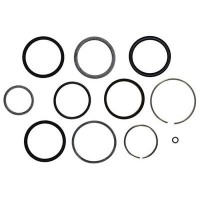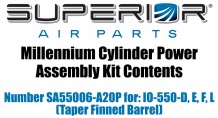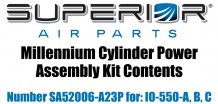Aircraft Spruce Canada
Brantford, ON Canada
Corona, CA | Peachtree City, GA
Chicago, IL | Wasilla, AK
Prist Hi-Flash Lo-Flo 9.5 Oz.
Overview
|
Hi-Flash Lo-Flo™
Lo-Flo additive can deliver the product at a rate which is typical of avgas, which is 15 to 20 gallons per minute. Lo-Flo is also used in helicopters, which typically have to be fueled slowly. PRIST Anti-Icing Aviation Fuel Additive is approved for addition to turbine fuels under ASTM specification D1655 and for avgas under specification D910. The additive itself is exactly the same for both types of fuels and is produced to ASTM specification D4171 and to the Military Specification MIL-DTL-85470B. PRIST Anti-Icing Aviation Fuel Additive shelf life Stored correctly, PRIST Anti-Icing Fuel Additive has no shelf life. It is important to keep it as dry as possible and that the container remains sealed to avoid contact with water or moist air. The additive has a natural tendency to seek out water, and the effectiveness will be greatly reduced if it comes in contact with water in any way while in storage. If the container rusts or is punctured, it can compromise the quality of the product and should not be used unless analyzed for chemical content. |
Documents
Reviews
Great Product
Prist Hi-Flash Lo-Flo Case Of 24
Exactly what i wanted
Prist Hi-Flash Lo-Flo 9.5 Oz.
Just what I wanted and expected
Prist Hi-Flash Lo-Flo Case Of 24
Q&A
Please note, Aircraft Spruce Canada's personnel are not certified aircraft mechanics and can only provide general support and ideas, which should not be relied upon or implemented in lieu of consulting an A&P or other qualified technician. Aircraft Spruce Canada assumes no responsibility or liability for any issue or problem which may arise from any repair, modification or other work done from this knowledge base. Any product eligibility information provided here is based on general application guides and we recommend always referring to your specific aircraft parts manual, the parts manufacturer or consulting with a qualified mechanic.
Yes, Prist Hi-Flash Lo-Flo (part number 09-02048) is considered hazardous under the following code: UN# 1950 AEROSOLS, FLAMMABLE.
The effective treat rate is 0.1% and one can will treat 105 to 155 gallons of fuel.

 Aircraft Spruce Canada
Aircraft Spruce Canada
